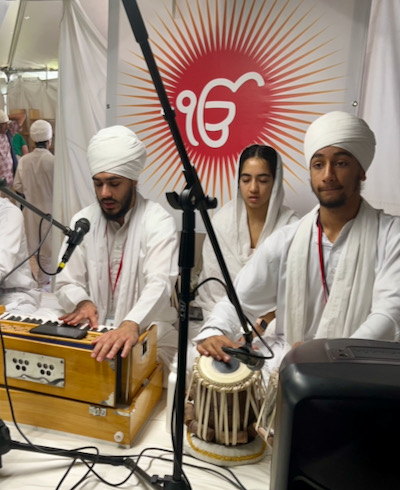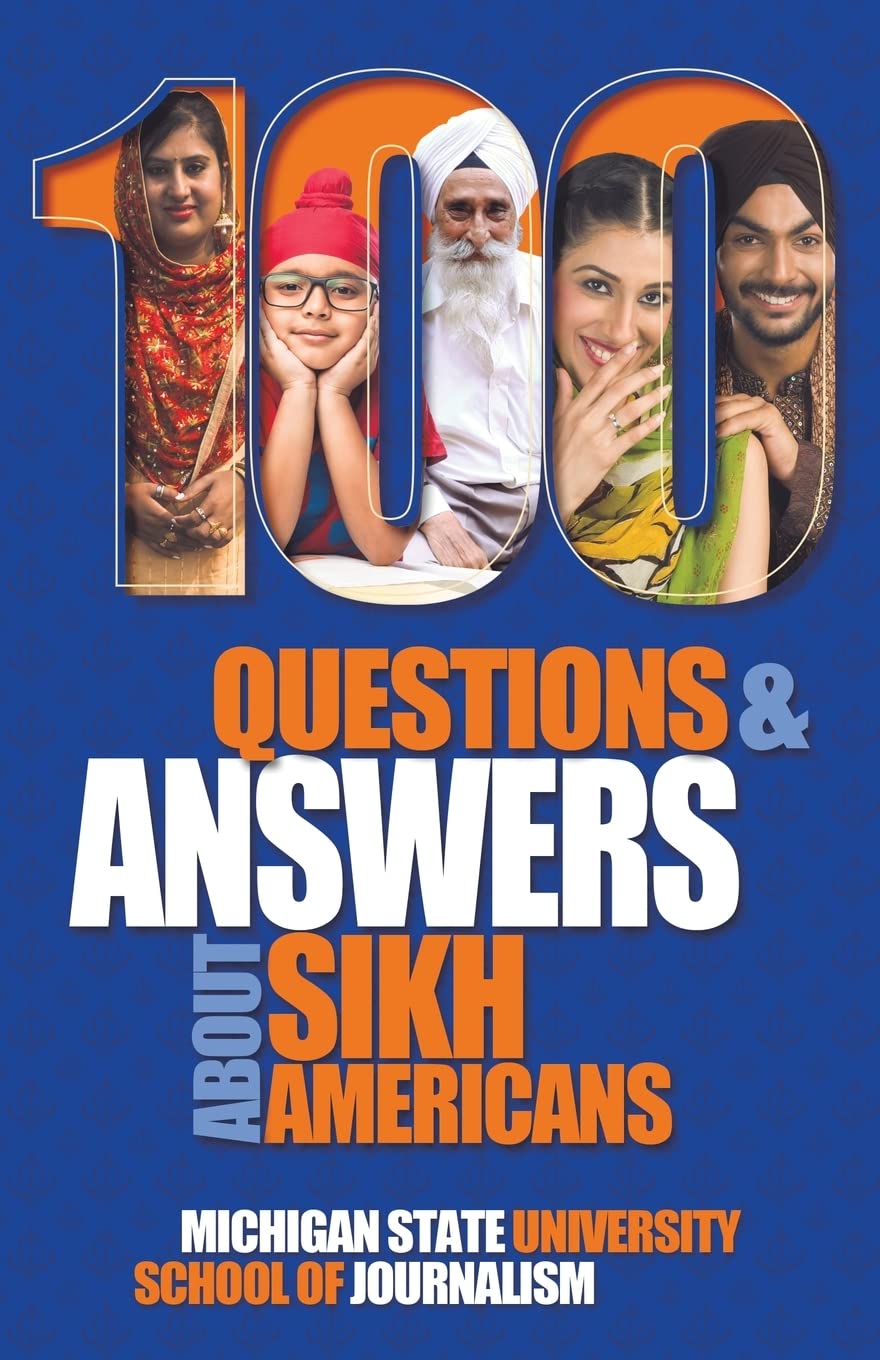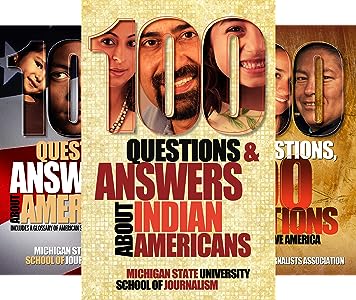By JOE GRIMM
MSU School of Journalism founder of Bias Busters book series
CHICAGO—Sikh people have a wonderful, welcoming tradition that embodies the Sikhi religious value of selfless service. It is called langar and is a combination free kitchen, community meal and act of service.When the Michigan State University Bias Busters class compiled 100 Questions and Answers About Sikh Americans, we did not get to experience a langar because of COVID-19 isolation.
I got my chance during the Parliament of the World’s Religions Aug. 14-18, 2023, in Chicago. Each day of the parliament, there was a mid-day langar. The parliament attracted people from scores of religions and countries. All were welcome to experience a langar meal.
From the class’ work on the Sikh guide, I knew to expect lacto-vegetarian fare. Sikhs may choose to eat meat, but the langar is meatless. This means that Sikhs’ traditional neighbors whose religions forbid or discourage meat may join the langar. Hindus, Jains and Buddhists, embrace vegetarianism in keeping with their belief in nonviolence. The tradition was started 550 years ago by Sikh’s first leader, Guru Nanak. The meal is served for free to all regardless of religion, caste or gender.
A langar is traditionally prepared and served at a Sikh place of worship, called a Gurdwara. This gives members a regular chance to serve. The parliament’s langar was held in a tent set up just outside the McCormick Place convention center.
As at a gurdwara, participants removed their shoes and were fitted with white head scarves. Servers wore white turbans, although Sikh turbans can be of any color or pattern.
Guests could either sit on the covered ground or at a table. The meal included green salad, chapati (flatbread), dal (split peas or beans) and a refreshing cucumber dish. It was good, and servers kept plates full. There was also a sweet mango beverage.
One thing I was unprepared for was the large number of servers. Although Sikhi has about 30 million members worldwide, there are fewer than 1 million in the United States and they tend to live on the East and West coasts.
So, I asked my hosts where they live. The first man I asked said in a British accent he had come from the United Kingdom. The next person was also from the U.K. and said 105 had come on this mission the Midwest.
As I left the tent, I thanked one of the people for coming to Chicago to teach us.
A practitioner of selfless service, he said, “Thank you for letting us serve you.” Then he handed me a bottle of water.
.
Care to Learn More?
Joe Grimm, the founder of the Michigan State University School of Journalism Bias Busters project, attended the 2023 Parliament and has provided us two stories and colorful photos as well.
FOCUSING ON UKRAINE is a story headlined: 2023 Parliament of the World’s Religions shows the peaceful potential of our diverse faith traditions.
FOR MORE ABOUT LANGAR, the Parliament staff posted an overview of this traditional service from the Sikh community.
Joe Grimm is nationally known for his tireless commitment to diversity through journalism, both in the training and hiring of journalists and in the kinds of stories covered by newspapers, magazines, TV, radio and online publications. When asked to describe the Bias Busters project that Joe founded through the Michigan State University School of Journalism, he writes:
This series springs from the idea that good journalism should increase cross-cultural competence and understanding. Most of our guides are created by Michigan State University journalism students. We use journalistic interviews to surface the simple, everyday questions that people have about each other but might be afraid to ask. We use research and reporting to get the answers and then put them where people can find them, read them and learn about each other.
These cultural competence guides are meant to be conversation starters. We want people to use these guides to get some base-line understanding and to feel more comfortable asking more questions. We put a guide to resources in every guide we make, we arrange community conversations and we are working on a facilitation guide. While the guides can answer questions in private, they are meant to spark discussions.




